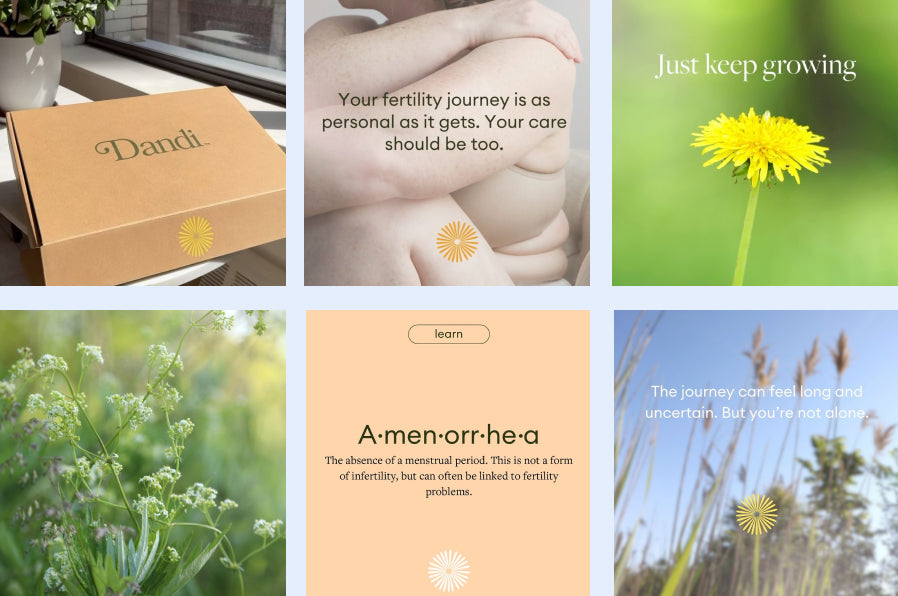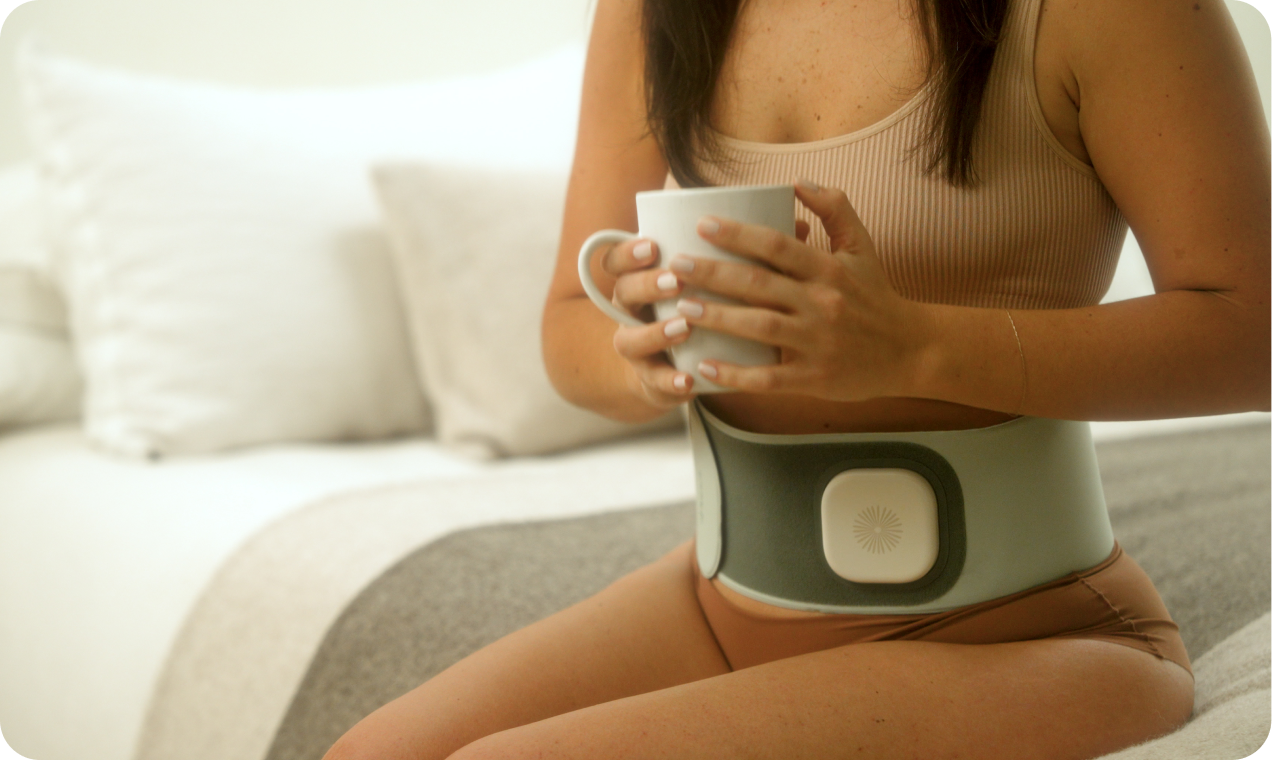If you're considering egg freezing, understanding potential side effects can help ease any concerns about the process. Fertility nurse Brandis Montez shares her insights, drawing from both professional experience and her own egg-freezing journey.
Here's what you can expect before, during, and after the egg freezing procedure.
Side Effects of Medications for Egg Freezing
The egg freezing process is quicker than many expect. From start to finish, it takes about two weeks. To start, you’ll do about 9 to 12 days of hormone stimulation injections. The stimulation phase involves taking medications that encourage your ovaries to grow multiple eggs.
These hormones you’ll be injecting encourage production of estrogen, which is naturally occurring in the body. Fertility medications are typically well-tolerated but there are some mild side effects to note.
Common experiences during fertility injections include:
- Feeling good: Many people feel energetic and positive due to increased estrogen levels.
- Bloating: As your ovaries grow larger, bloating is a normal response.
- Bruising: There may be some bruising where you inject yourself, typically around your abdomen.
"It's worth noting that during this phase, you're not growing just one egg but all the eggs your ovaries are capable of releasing in that cycle," explains Brandis. This ovarian activity may make you feel a bit "full" and the water retention from growing multiple eggs can make you fairly bloated but it’s a temporary effect.
Brandis noted that most side effects you can expect actually occur after your egg retrieval when the egg freezing process is complete.
Post Egg Retrieval Side Effects
The egg retrieval is a minimally invasive procedure performed under sedation, so you won't feel pain during it. However, mild side effects may arise in the following days.
What to expect after your egg retrieval:
- Cramping: Some people experience mild cramping, which usually resolves quickly.
- Increased bloating: Ovaries may still be enlarged, so bloating could persist for a few days post-retrieval.
- Water retention: Any slight weight gain during this time is typically due to water retention and resolves within two weeks.
How Does Egg Freezing Affect My Periods?
After your egg retrieval when you’ve stopped fertility medications, your body begins transitioning back to its regular cycle. Here's what happens:
- The follicles from which eggs were retrieved transform into corpus lutea, which produce progesterone for about 14 days.
- When progesterone levels drop, your period will start.
Your period might be:
- Heavier than normal: The extra estrogen from the stimulation phase can result in a thicker uterine lining.
- Slightly delayed: Expect it about two weeks after retrieval, even if your period tracking app predicts otherwise.
Once this cycle completes, your period and ovulation should return to your typical rhythm.
Other Common Concerns Around Egg Freezing
A common worry about egg freezing is weight gain or severe mood changes. However, Brandis reassures that these effects are rare. The most noticeable side effect for most people is temporary bloating.
Egg freezing is a relatively straightforward process with manageable side effects. In her own fertility journey that she shares with us in our video on her egg freezing journey, Brandis notes that she did not really experience any side effects during her egg freezing cycle and it didn’t really impact her life at all. However, everyone is different, so it’s good to be prepared with what to expect going in.
By knowing what to expect, you can feel more prepared and confident as you take this empowering step for your fertility future. If you have specific concerns, always discuss them with your care team.








